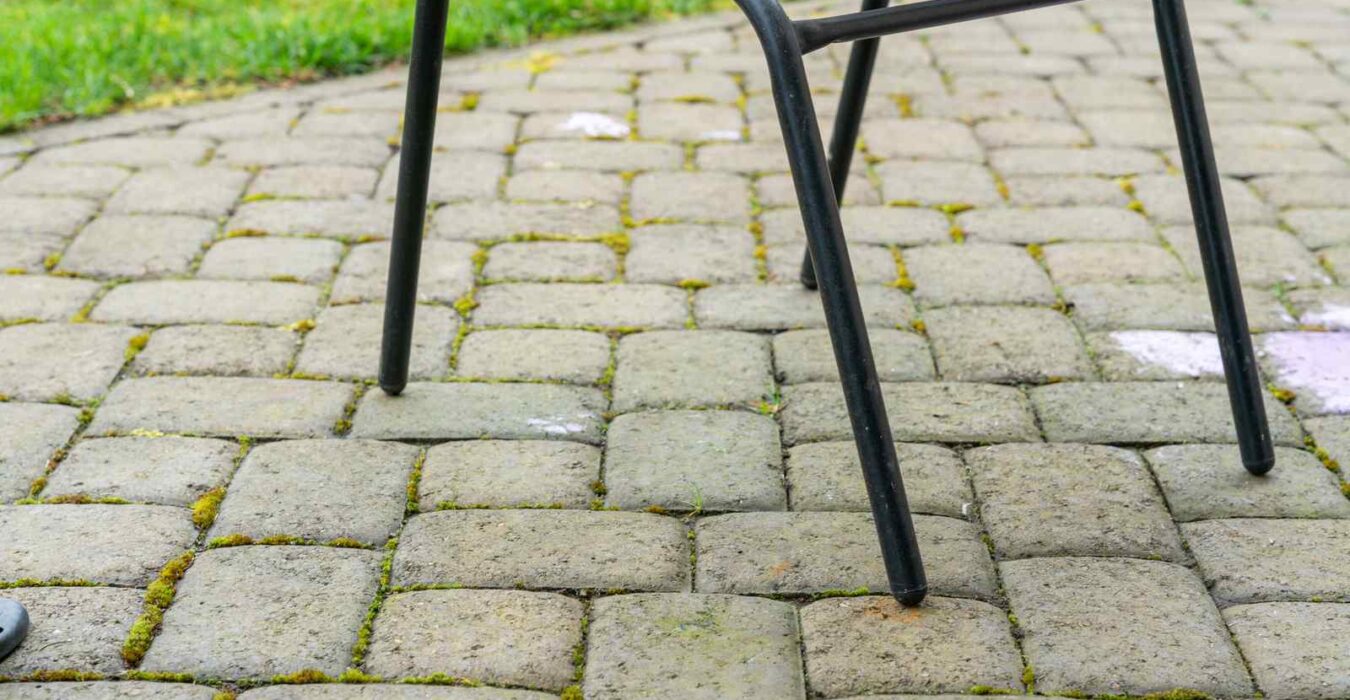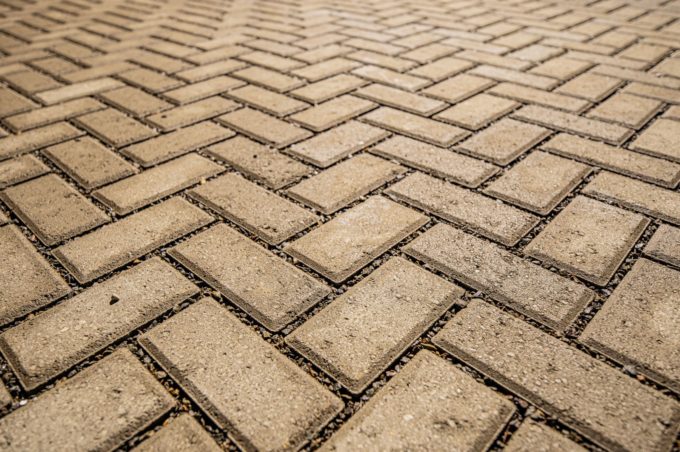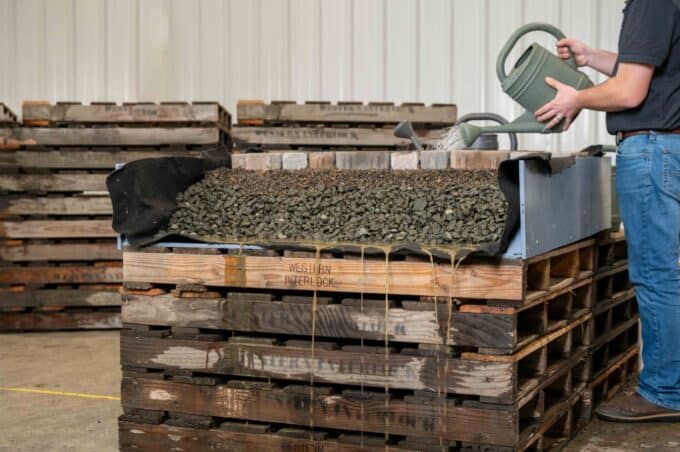Are you a homeowner who has installed or will soon install permeable pavers in your yard? If you have any experience with hardscape or landscape, you know that you need to maintain it once it has been installed.
At Western Interlock, we are committed to providing PNW homeowners with the resources to design, install, and maintain beautiful pavers. If you’re looking for a way to ensure that your permeable pavers are well maintained through every season of the year, this is the blog post for you.
Spring Maintenance
When spring arrives with its warmer days and blossoming trees, it’s time to clean up your pavers from the winter months and address any new issues that arise with the spring weather.
1. Clear debris
First, clear any debris or organic matter from the surface of your hardscape and the paver joints. Winter can build up an assortment of dead leaves and other organic materials that can stain your pavers if they are not eliminated.
2. Address damage
Inspect your hardscape for any signs of shifting or damage to the pavers. If you find that the hardscape has displaced in any way, address it as soon as possible by reinforcing or replacing the paver before it causes further damage.
3. Check joints
Check the joints once you have cleaned your pavers and inspected them for damage. If needed, reapply joint sand or aggregate so the hardscape stays stable and permeable.
4. Pressure wash
Finally, pressure wash your pavers to get rid of any extra dirt and grime that has built up.
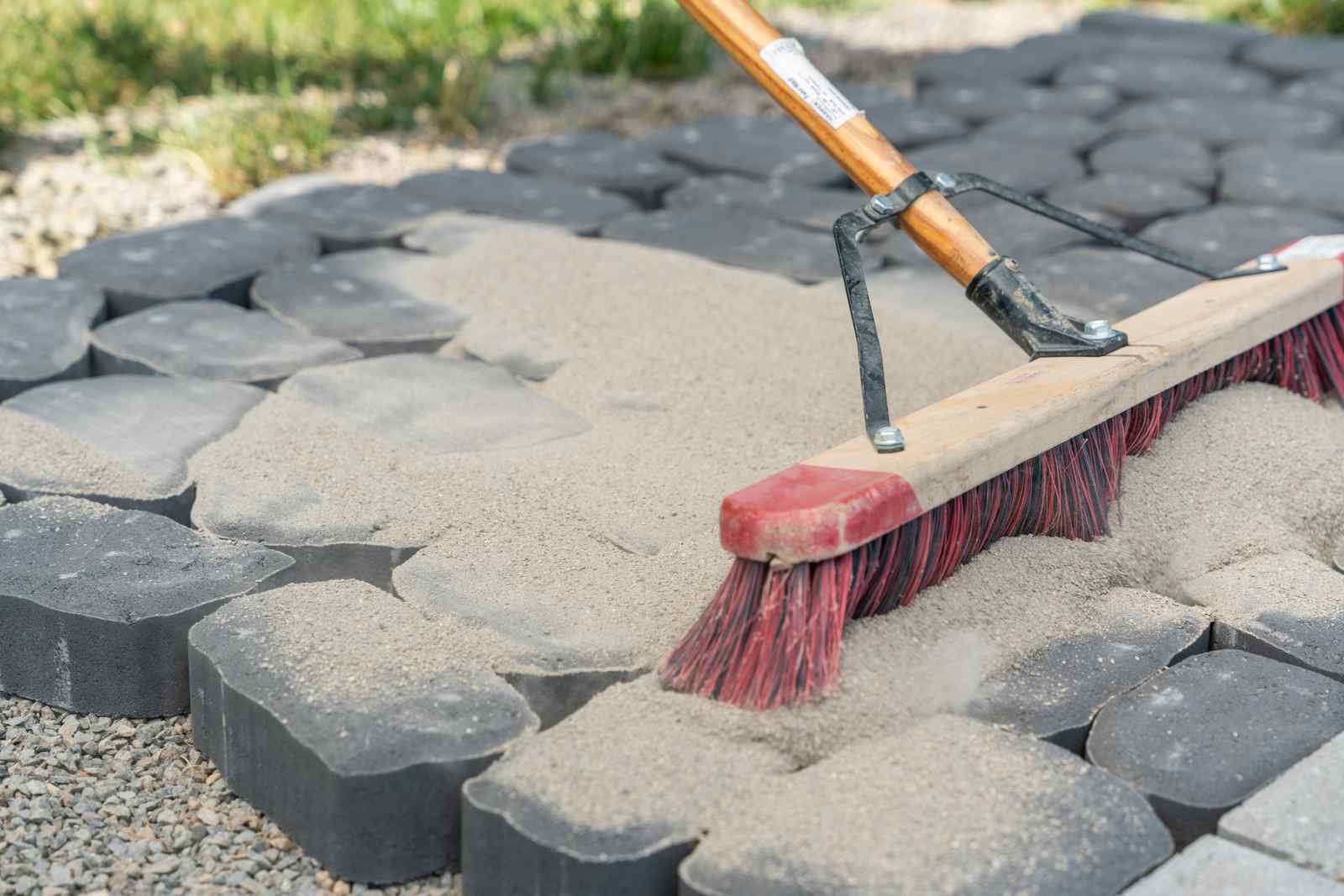
Summer Maintenance
The summer months bring hot temperatures and growth to the PNW—and the conditions can affect your pavers if you don’t stay aware.
1. Remove weeds
Check your pavers frequently during the summer to see if any weeds have sprouted up in the joints. If weeds have grown in your pavers, remove them as soon as possible so they do not spread further and take over your hardscape.
2. Identify erosion
As you move through the summer, you should inspect your pavers to see any signs of erosion or settling. These paver issues can especially be a problem in high-traffic areas, so if you have a frequently used driveway or walkway, pay special attention there.
3. Check joints
You also should routinely replenish the joint sand and aggregate if you need to so that the pavers are consistently able to drain properly.
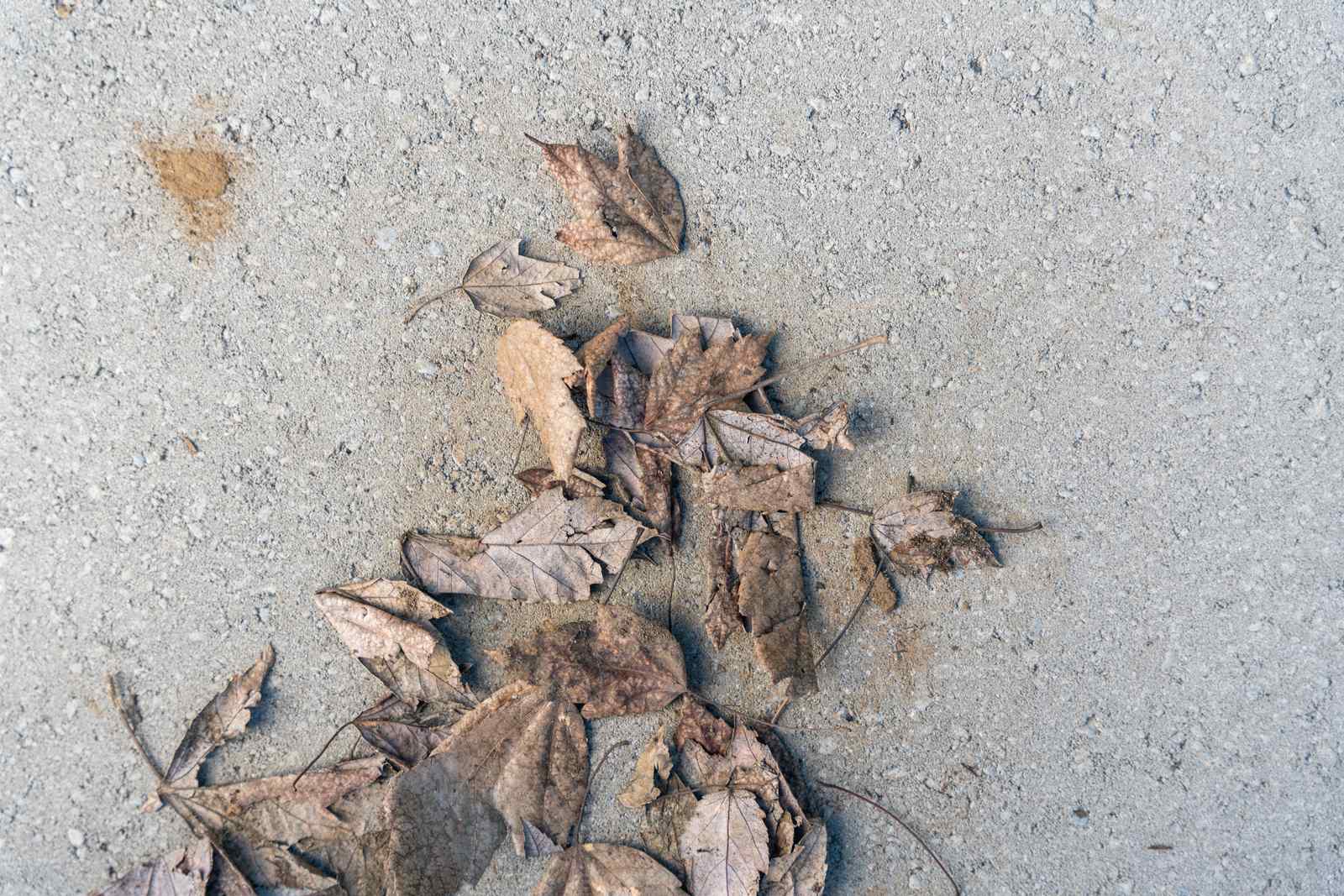
Fall Maintenance
When autumn arrives with cooler temperatures and falling leaves, do not ignore your pavers in favor of cozying up inside.
1. Remove leaves
You should routinely clean the fallen leaves from the surface of your hardscape. Pay particular attention to the paver joints, so that accumulating leaves do not end up clogging the area.
2. Check and seal
You should also inspect your hardscape during the course of the fall months to see if there is any damage or shifting caused by changing weather conditions. This time of year is also when you should consider applying sealant to your hardscape to protect it from the coming cold and moisture.
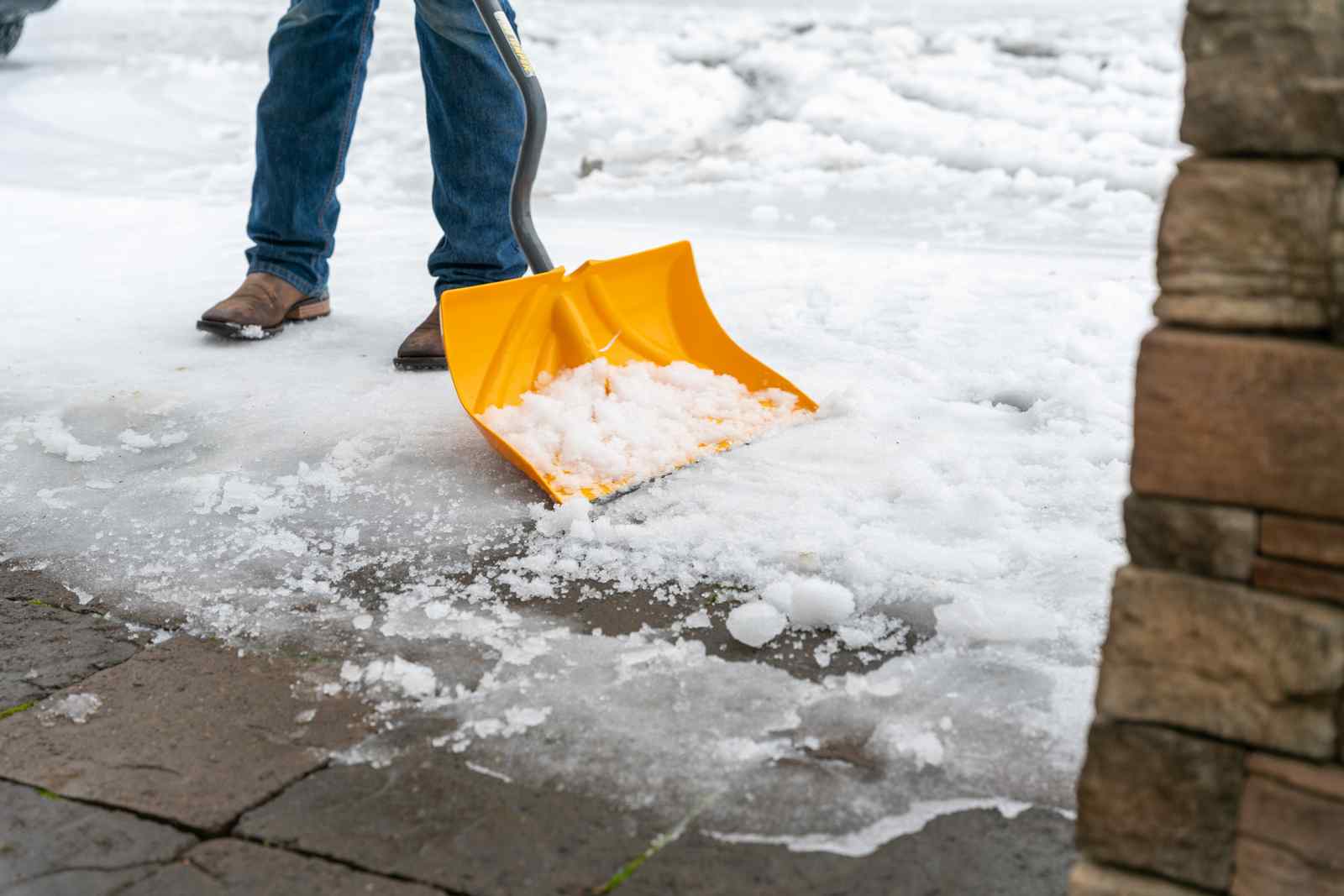
Winter Maintenance
It can be challenging to maintain your pavers during the winter, but it is one of the most important times to be aware and prevent damage.
1. Remove ice
During the winter, you should routinely clear the snow and ice from the hardscape surface so that no one slips as they walk in and out. However, avoid using any type of de-icing agents that could accidentally damage the pavers or compromise their permeability.
2. Check for damage
As the cold months progress, keep an eye out for any signs of frost heave or other cold-related damage to your pavers. Address it promptly so that it does not grow any worse.
Explore Additional Resources
Pavers need to be maintained all year long if you want them to stay attractive and functional. If you want to get started installing a hardscape, click here to check out our paving stone selection, or check out our DIY with WI page for access to tutorials, guides, and more that can help with your installation and maintenance process.


